Winter Trails: The Perfect Seasonal Adventure
Getting outside on a crisp day to explore snow-covered winter trails is a great pastime if you enjoy the outdoors, but for many, winter is nothing more than an adventure-hibernation. Sure, downhill skiing and skating are great fun, but there isn’t the same sense of exploration as setting out and finding a new trail to blaze. We all know that true adventure waits for you on your favourite trails, so why not make the effort to do so year round? Winter hiking can be just as memorable as summer hiking, especially if you can find a roster of fun winter trails to navigate!
The winter brings a whole new face to the backcountry. There’s a serenity that can only be experienced first hand and a beauty unlike any other time of year. But of course, you’ll want to be prepared. If you follow these tips on having fun and staying safe on the winter trails, you’ll be confidently exploring the outdoors and will never have to worry about shedding that layer of winter fat ever again!
Table of contents
Join a group with knowledge of winter trails
Get proper winter gear
Get trained for avalanches
Be prepared for an emergency
Take account of limited light
Tell people which winter trails you are exploring
Choose winter routes wisely
Pack your bag correctly
Take poles on your winter hikes
Learn more about exploring winter trails
Winter in the Rockies Articles
1. Join a group with knowledge of winter trails
There are lots of hiking clubs that keep going in winter. We recommend using the site Meetup to find local groups. In addition to Hiking clubs, there are often dedicated XC Ski clubs and snowshoe clubs. Going with others is much better because they know the best places to go, and it’s safer in numbers. On the flipside, be aware that the others in the group may not know any more than you and can get you into danger.
2. Get proper winter gear
Don’t buy the cheapest stuff you can find! You need to rely on your winter gear, especially critical items. Support your local outdoors store and get property fitted. You don’t want your snowshoes to break, your microspikes to fall off, or to find out your mitts aren’t waterproof halfway through a daytrip! Gear here also implies a good amount of layers. You’ll want wool and waterproofing for winter walks.
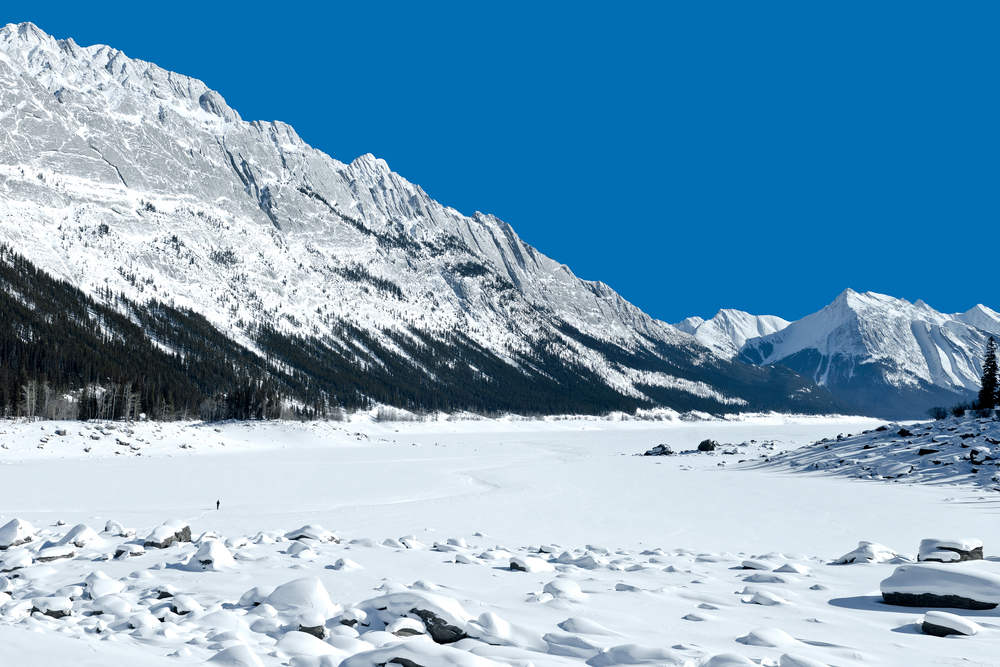
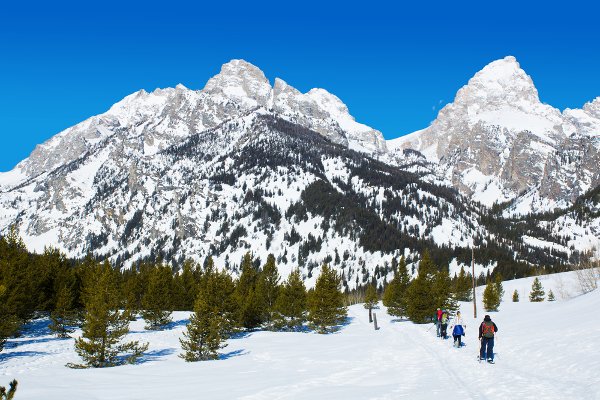
3. Get trained for avalanches
Know what avalanche terrain is and stay out of it. Avalanche Canada has a great website that gives you lots of information and can even point you to a site in your area (if you live in Canada) that offers training. For our readers in Europe (and the UK specifically) the European Avalanche School is a good resource. Americans can find great training through Avalanche.org. Their map will help you find training in your area.
4. Be prepared for an emergency
There is a smaller margin of error than there is in the summer. Consider bringing a proper emergency communication device: we love the Delorme In Reach. Always bring a first aid kit, some waterproof matches, have something to sit on, have some warm clothes and take a headlamp with some extra batteries. We also love having a tarp as it serves so many uses as well as some small/light food (hot chocolate and soup mix works well).
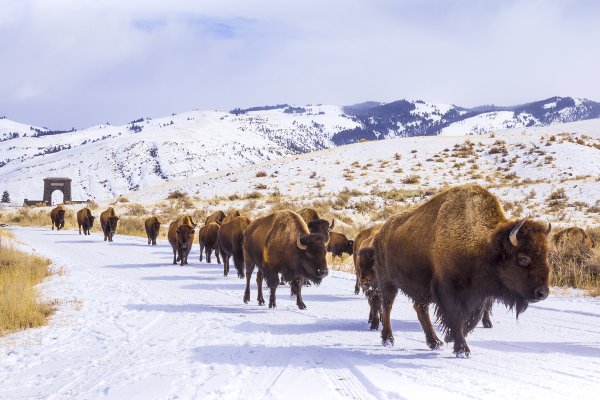
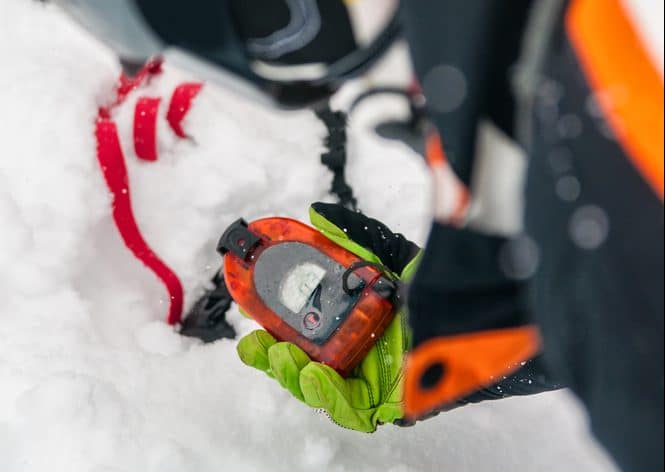
5. Take account of limited light
Start early; leave a buffer of time at end of day. The winter season means shorter days after all and helicopters can’t rescue in the dark. This means you need to make sure your emergency kit can help you out if you are stuck outdoors for a few hours.
6. Tell people which winter trails you are exploring
Tell your friends; call your family; notify the park rangers. If you’re gone too long it’s important that someone can send help. We prefer sending an email the night before to all members of our group, as well as a family member who isn’t going along, as it lets them know which winter trails we’ve chosen for our route, the weather conditions, and expected start / finish times. This also helps the group ensure they pack the right gear for the expected weather.
7. Choose winter routes wisely
Know the dangers, current trail conditions, and suitability before you leave for your adventure by getting an accurate weather forecast from www.mountain-forecast.com. Winter is an unpredictable season at times and having as much information about your trip as possible is essential. Most importantly, don’t blindly follow another group’s tracks when hiking on winter trails, as they may not know where they are going! Evaluate your own route and make your own assessment for relative safety of your route.
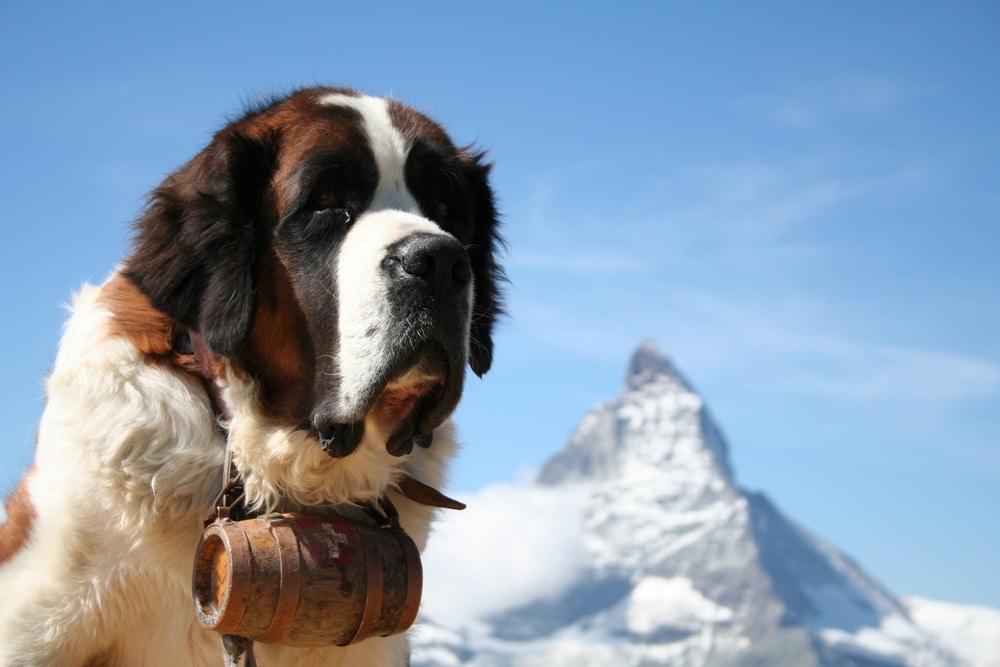
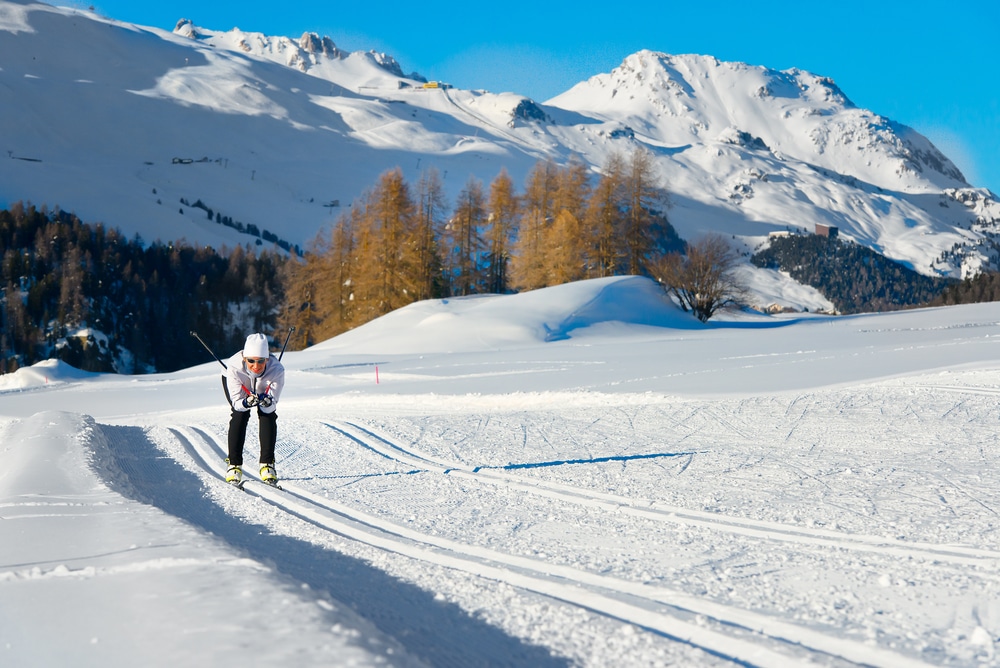
8. Pack your bag correctly
Ensure you have lots of warm layers on, and make sure there is extra layer in your bag. Bring something to sit on too if you’re ever taking a break. We like the Thermarest Z seat. Also, a small thermos of hot tea with lots of honey really hits the spot when you’re on the walking on winter trails. It’ll warm you up and give you a little boost too.
9. Take poles on your winter hikes
Poles are an enormous help when navigating icy sections along winter trails. They are also an enormous help when heading downhill. Heck, poles are great at practically all points of the trail!
10. Learn more about exploring winter trails
This is the best advice: just keep on learning. If you want to gain experience and confidence when exploring winter trails, take a course on snowshoeing, winter hiking, avalanche training or backcountry skiing with local guiding companies. This is a great way to learn more, meet interesting people and have safe, epic days. You’ll be shedding that winter fat in no time!
Winter in the Rockies Articles
Have you enjoyed reading up on our tips to have fun and stay safe on winter trails? Check out our series of articles below that cover a wide range of winter adventures in the Rockies!
- Backcountry Ski Lodges of Western Canada
- Best winter hikes in Alberta
- Focus on how to stay safe in Winter
- Guide to planning a ski trip in the Canadian Rockies
- Save Money on your Jasper holiday this winter
- Things to do in Winter in Banff
- Things to do in Winter in Calgary
- Plan a Winter Weekend in Alberta
- Winter Weekend in Assiniboine Park
- Winter Weekend in Banff National Park
- Plan a Winter Weekend at Elk Lakes Cabin
- Winter Weekend in Jasper
- Winter Weekend in Lake Louise
- Experience a Winter Weekend at Lake O’Hara
- Winter Weekend at Skoki Lodge


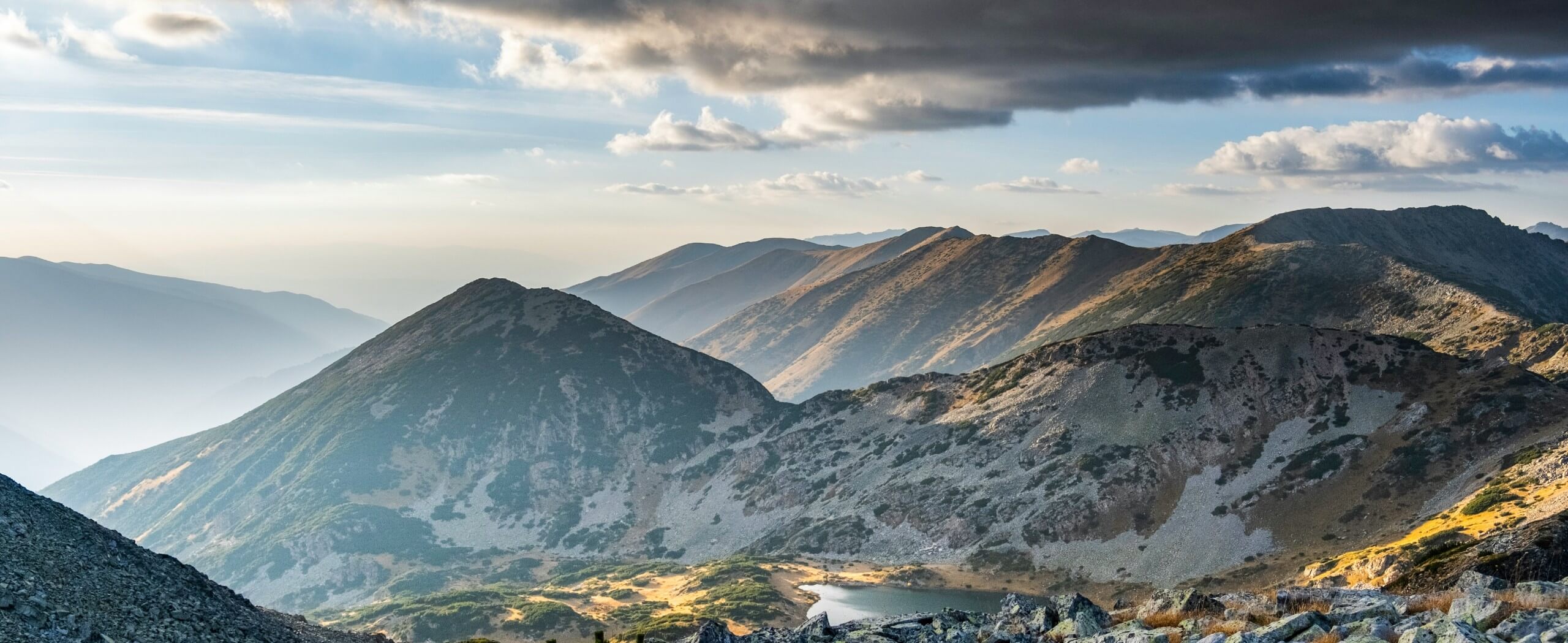
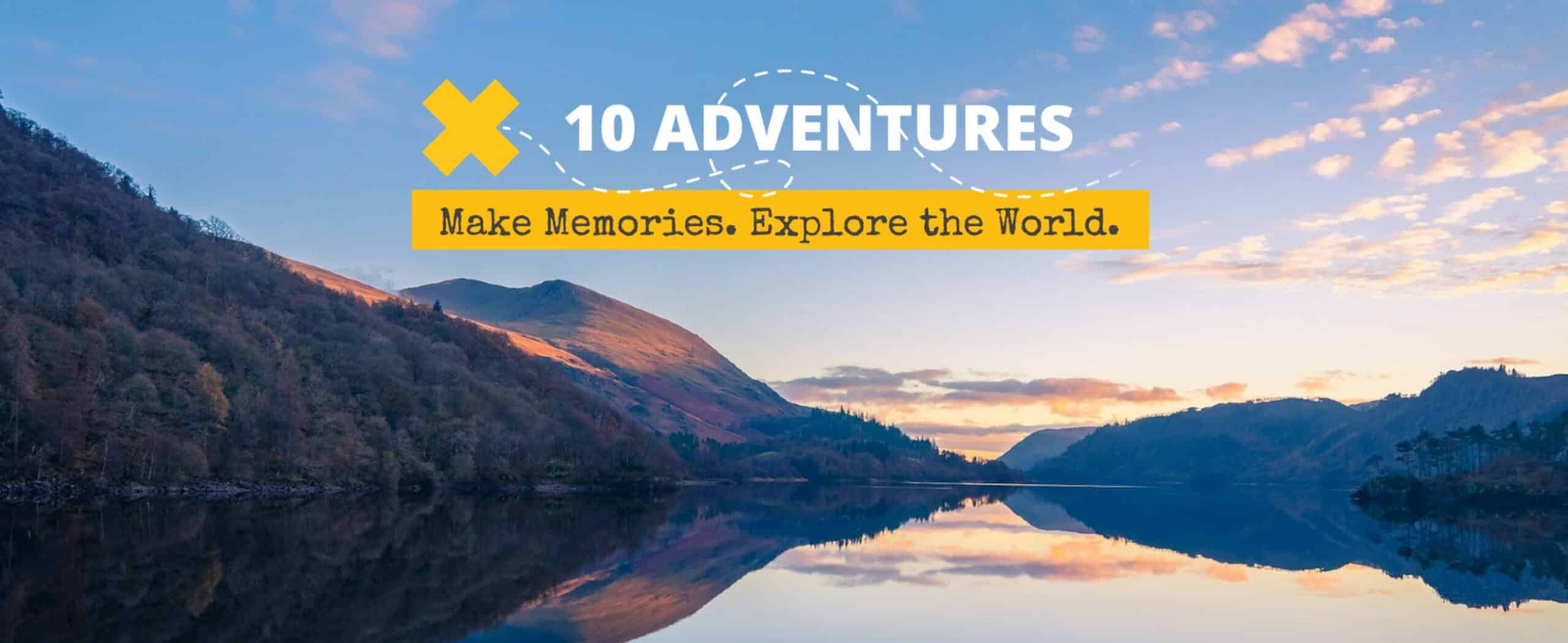
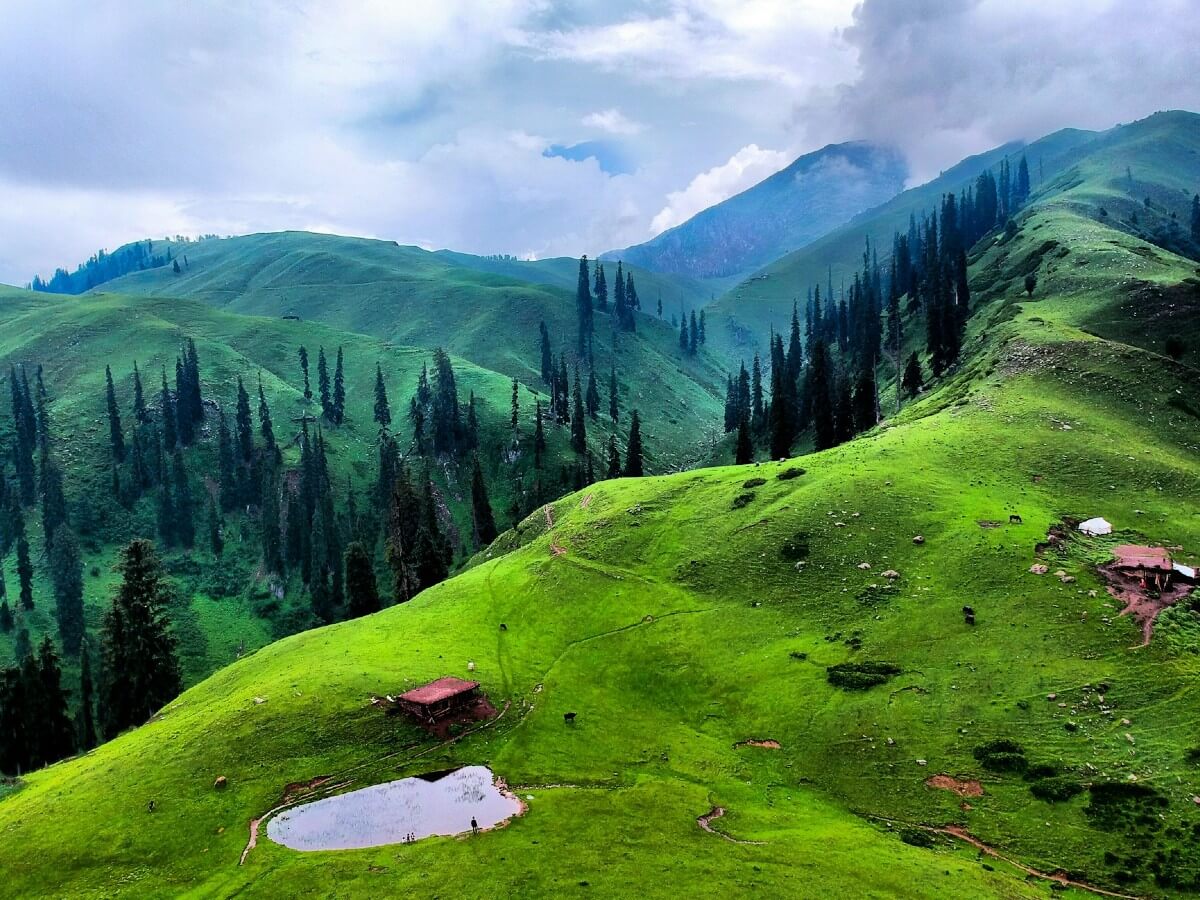
Comments